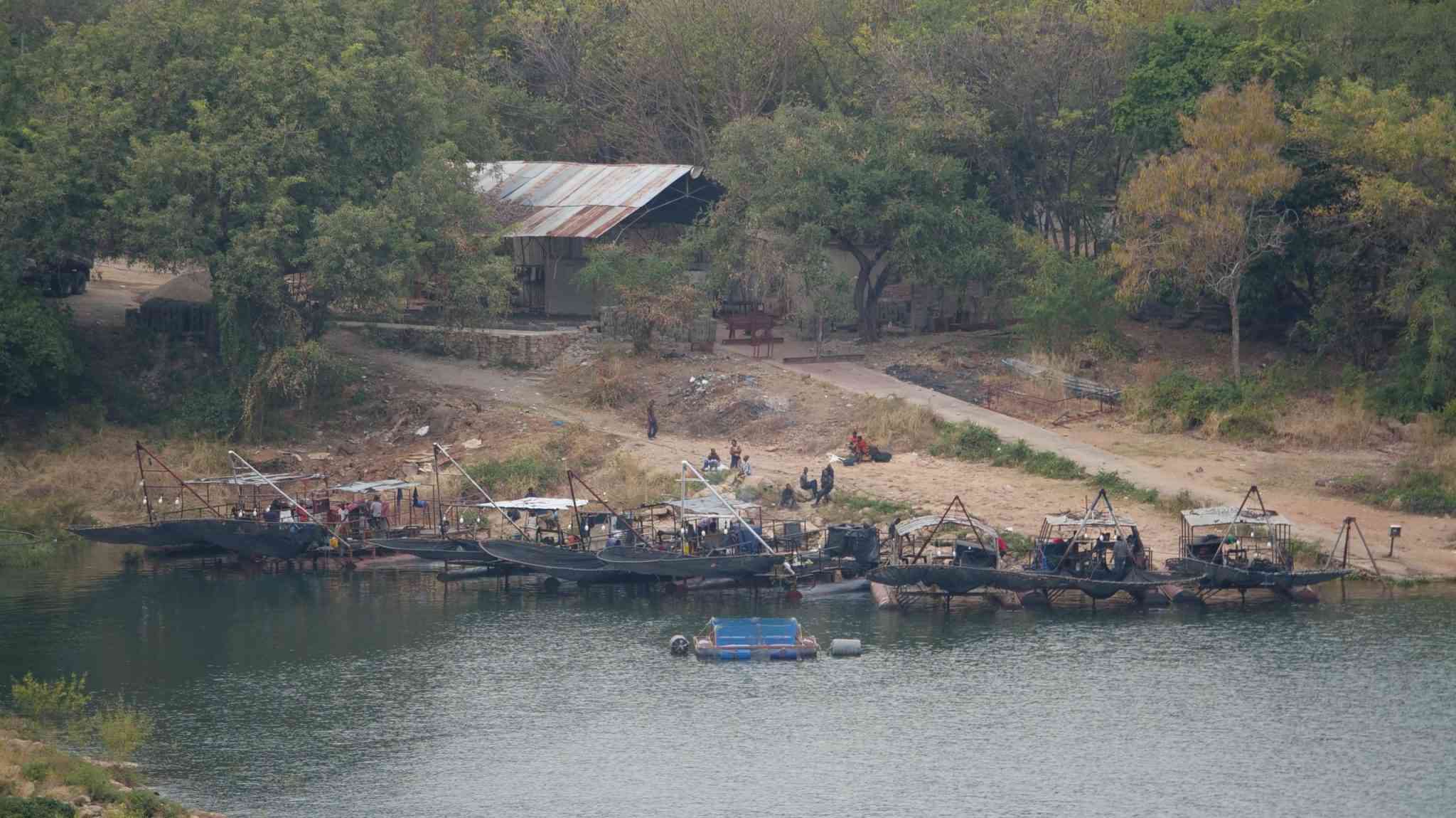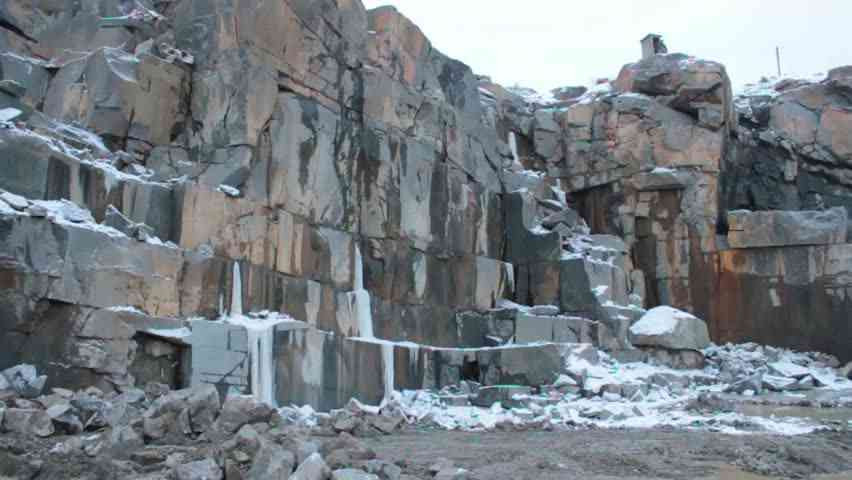
IT is now difficult to make a decent living as a fisherman. With a diminishing fish stocks and low water levels, we see no future in fishing as a way of earning a decent living. The future looks bleak. Our children should focus on education, instead of following our footsteps.
After cresting the waves at the crack of dawn every day to reach out to be most lucrative fishing isles, fishermen return to Lake Kariba’s shorelines with bounty harvests.
Scouring through Lake Kariba’s richest hunting grounds is a daily routine that many of its fishermen look forward to.
The commercial and social benefits are immense on the waters of the world’s second largest man-made lake — and like many hunters of their times — the feeling of accomplishment self-fulfilling.
With their rigs stocked with food and water lasting up to 10 days on the vast waters, Lake Kariba’s fishermen find no reason to return home until their catch is hefty.
During bad days, they sail back to the shores downbeat and empty-handed, after which the pain of sharing costs and losses begin.
The business is as unpredictable as the 280-kilometre water body’s weather — sometimes they have to ride out angry waves precipitated by strong relentless storms — yet some days are all calm.
When the catch is depleted, losses run up to US$40 for each of the small-scale fishermen, who hunt in packs of about four in one rig.
- Botswana-based rugby ace Nyameni eyes Zim callup
- Botswana-based rugby ace Nyameni eyes Zim callup
- Stampede for Zim oilfields... US$17m raised ahead of landmark drill
- Africa's oldest dinosaur found in Zimbabwe
Keep Reading
Fuel costs dominate their overheads.
But on healthy excursions, they return to their harbours to begin another delicate phase of the fishing process.
After transferring their catch from their nets, fishermen begin sorting their fish according to their types — breams, tiger, red snapper, blue fish, butter fish, cat fish, mullet, smelt, salmon and many more.
The lake is popular for its big commercial kapenta fishing industry, which is on both side of the Zambezi — in Zambia and Zimbabwe.
But these small-scale fishermen concentrate of the species that big time fishermen do not like.
The diversity of fish species on the lake, which sits on the Zambezi — the world’s fourth longest river — gives glimpses into why there has been a conglomeration of human settlements since its completion in 1957.
Each fish species represents an economic opportunity to be exploited by those, who decide to make a living out of Lake Kariba’s hunting grounds.
More opportunities have been unlocked by the recent return of tourism to Lake Kariba’s eastern shores, following decades of protracted bust.
Fish protein is in high demand in tourism, and in homes across the country.
But to accomplish their dreams, fishermen have to invest in 10 different types of nets, depending on what they plan to catch, with the most expensive costing around US$20, and each weighing about 400 kilogrammes.
New visitors to Lake Kariba’s eastern shores are immediately impressed by rows of small, traditional fishing boats that line up its banks at harbours dotted in close proximity to residential areas, and vast national parks.
Daily, just after sunset, fishermen fill in hundreds of these machines, start their engines and set off for their excursion.
For some, the journey begins early morning because they would be pursuing certain types of fish.
All the same, the hope is that they are showered with blessing from the gods of Lake Kariba and harvest as much as they can.
Tatenda Muchepa, one of thousands of fishermen, who survive on Lake Kariba’s fishing industry, has become accustomed to the sounds of boats.
Muchepa fishes at Muchenga Fishing Camp, about 20 kilometres west of Kariba. It is an area where a settlement has bustled out of swampy woodlands, its inhabitants attracted by the fortunes that sit at the bottom of deep waters.
“Someone from the inland region may find the place noisy because they are not accustomed to engine sounds,” Muchepa said this week.
“But this is what we hear all the time. We feel a sense of belonging when we hear the sound of fishing boats.”
Hundreds of families are making a living in fishing camps on Lake Kariba, according to Muchepa, who has worked as a fisherman for more than 10 years.
“All families on these fishing camps depend on fishing for a living,” he said.
“They have formed a close relationship, supporting each other, sharing common challenges and overcoming obstacles as a community.”
Being a fisherman for the better part of his life, Muchepa has fallen in love with Masaisai, the vernacular name for the Kariba unpredictable waves. They have become close pal to the veteran fisherman, according to his account.
For him, his working ‘day’ usually starts after sunset.
But on other days the trip can start earlier, its duration determined by how much fish he and his crew catches, and how long it takes for them to feel satisfied.
“If luck is on our side, we return much earlier,” he said.
“But if the omens are bad, the we have to travel further into dangerous open areas to improve our catch.”
According to Simba Charamba, another industry veteran, bad weather sometimes affects their adventures.
Tropical storms lasting a week, together with violent Binga waves on the western shores of the lake, some 280 kilometres from Kariba, and intense winds, restrict fishermen from sailing deeper into the wide-open waters.
“If we do not catch any fish, we have to endure periods of hunger and food shortages,” Charamba said.
“This is the risk that we have to endure since that is part of our livelihoods. There are times when we are forced to pawn our valuables as we ride through bad times.
“You are forced to borrow from friends and families, but there is only so much they can help with,” he added.
Charamba noted that during the worst windy season, also known as the famine season (from November to March) fishermen fail to catch fish due to bad weather.
“But there are some desperate fishermen who will still go out to try their luck,” he said.
“That will be a huge risk. The total cost can go up to US$100 per fishing trip and catching fish to break even is unlikely.”
Lake Kariba, like all water bodies in the Southern African region, has been affected by climate change and water levels have been dwindling.
The drastically low water levels have also affected the fish stock in Lake Kariba.
Due to current water levels, on good days, the fishermen can only bring approximately 60 kilogrammes of fish, while in the past, a good catch would reach a tonne.
“It is now difficult to make a decent living as a fisherman,” Charamba said.
“With a diminishing fish stock and low water levels, we see no future in fishing as a way of earning a decent living. The future looks bleak, so our children should focus on education, instead of following our footsteps.”
Gache Fishing Association chairperson Tichaona Manzungu said he believed there was a need to restore the fishermen’s confidence in the trade.
“While this is a profession filled with uncertainties, several fishermen send their children to school and want them to find jobs in fields like the police, correctional services, accounting and even teaching,” he said.
“They are saying they don’t want their children to face the same struggles they are having.”
All hope is not lost though!
The Zimbabwe River Authority (ZRA) set up by Zimbabwe and Zambia to manage the water body and shared areas of the water, has received plaudits for maintaining excellent water management systems.
Speaking during a recent experiential tour of Lake Kariba recently, Nile Basin Initiative executive director Sylvester Matemu said ZRA had done well in avoiding pollution on Lake Kariba, which is good for the fishing industry.
“The Zimbabwean and Zambian authorities have done well in maintaining the shared Zambezi watercourse through ZRA and their initiatives can be used in other parts of the continent,” he said.
“Keeping a well-managed watercourse management system can also ensure that the people benefiting from such water bodies and water courses benefit through various economic development projects like fishing.”
The Nile Basin covering some parts of East, Central, and Northern Africa has been affected by pollution leading to serious challenges affecting economic projects.










